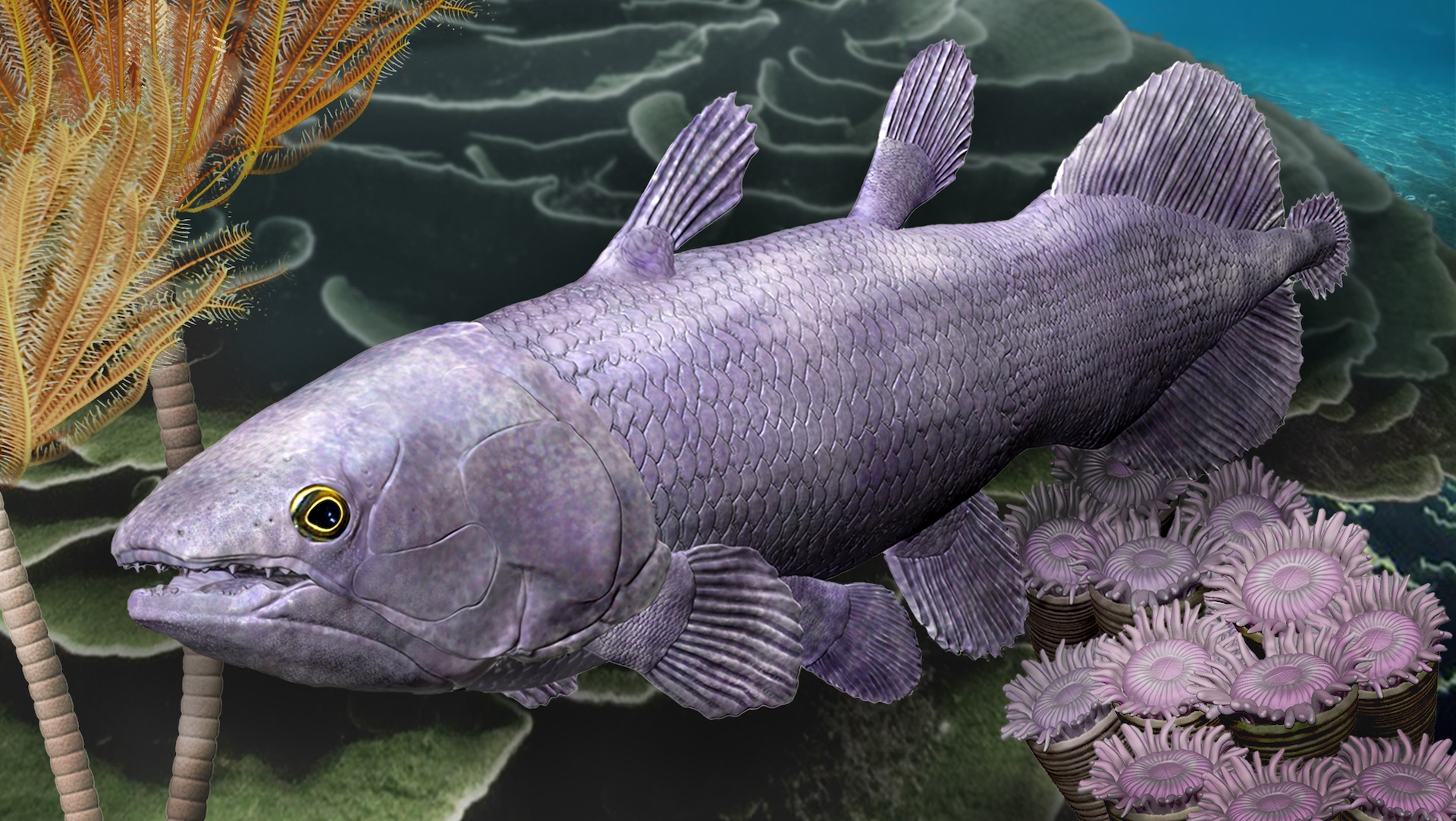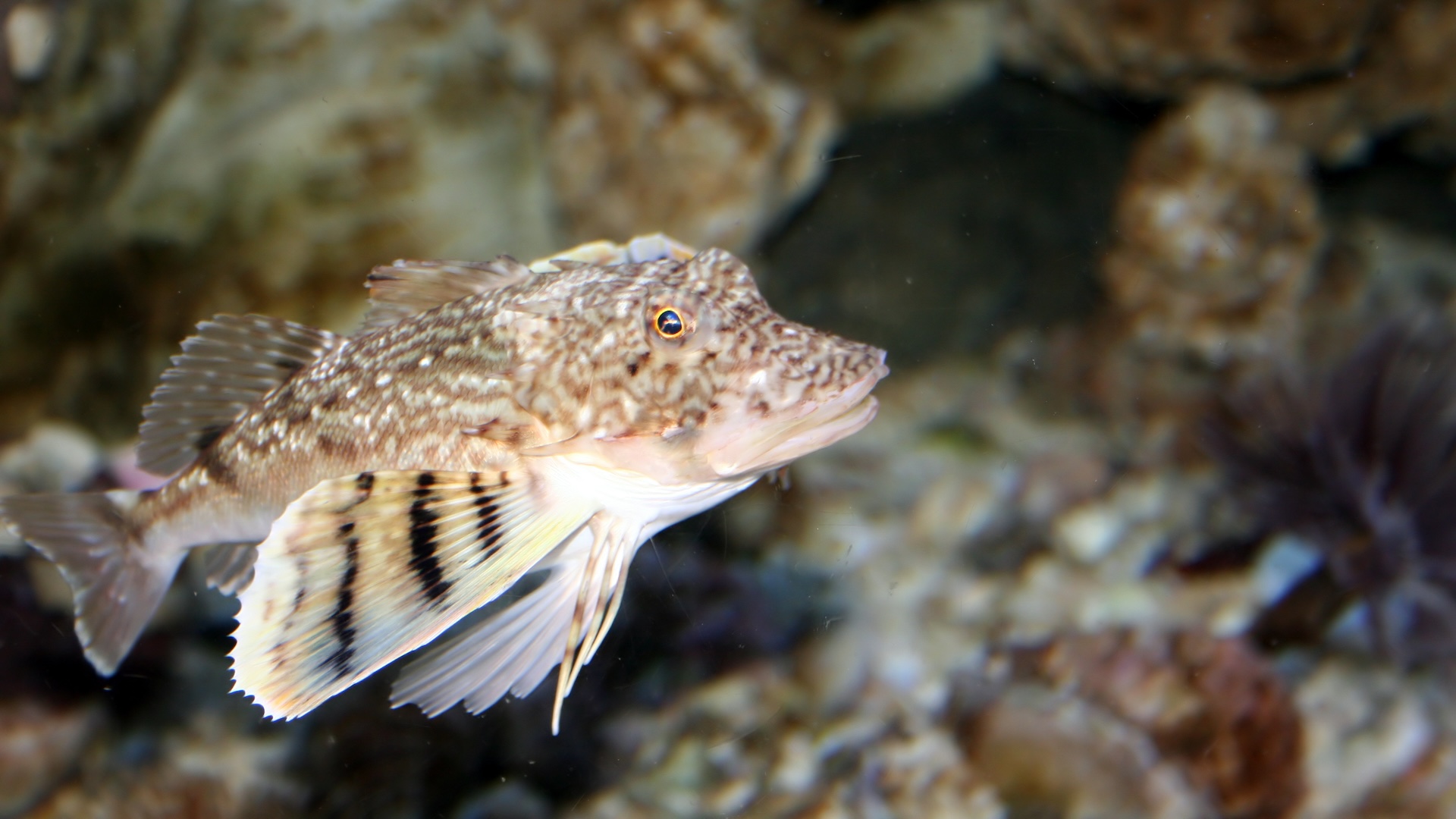IJMS, Vol. 24, Pages 9184: Targeting Stage-Specific Embryonic Antigen 4 (SSEA-4) in Triple Negative Breast Cancer by CAR T Cells Results in Unexpected on Target/off Tumor Toxicities in Mice
International Journal of Molecular Sciences doi: 10.3390/ijms24119184
Authors: Rita Pfeifer Wa’el Al Rawashdeh Janina Brauner Manuel Martinez-Osuna Dominik Lock Christoph Herbel Dominik Eckardt Mario Assenmacher Andreas Bosio Olaf T. Hardt Ian C. D. Johnston
Due to the paucity of targetable antigens, triple-negative breast cancer (TNBC) remains a challenging subtype of breast cancer to treat. In this study, we developed and evaluated a chimeric antigen receptor (CAR) T cell-based treatment modality for TNBC by targeting stage-specific embryonic antigen 4 (SSEA-4), a glycolipid whose overexpression in TNBC has been correlated with metastasis and chemoresistance. To delineate the optimal CAR configuration, a panel of SSEA-4-specific CARs containing alternative extracellular spacer domains was constructed. The different CAR constructs mediated antigen-specific T cell activation characterized by degranulation of T cells, secretion of inflammatory cytokines, and killing of SSEA-4-expressing target cells, but the extent of this activation differed depending on the length of the spacer region. Adoptive transfer of the CAR-engineered T cells into mice with subcutaneous TNBC xenografts mediated a limited antitumor effect but induced severe toxicity symptoms in the cohort receiving the most bioactive CAR variant. We found that progenitor cells in the lung and bone marrow express SSEA-4 and are likely co-targeted by the CAR T cells. Thus, this study has revealed serious adverse effects that raise safety concerns for SSEA-4-directed CAR therapies because of the risk of eliminating vital cells with stem cell properties.

 1 year ago
28
1 year ago
28


